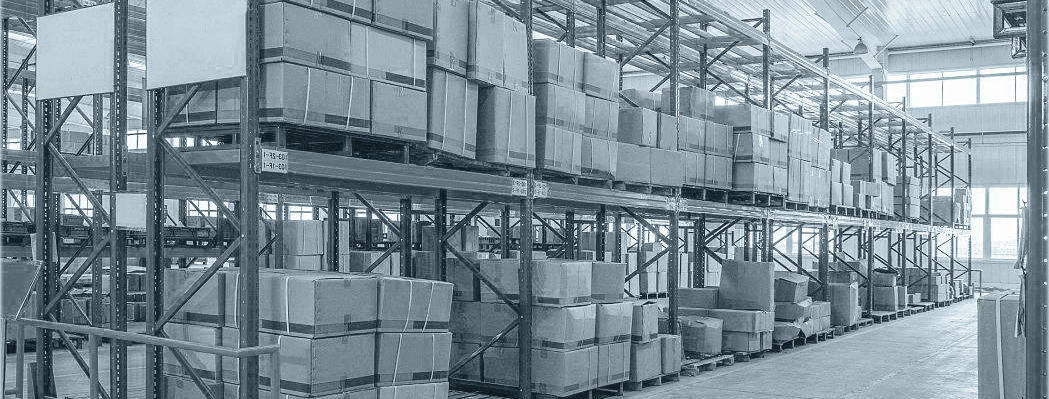Know-it-all
Who Fulfillment is for
In the last 3 to 4 years, a logistics platform called "Fulfillment" has started to develop in the Czech Republic. It is primarily intended for e-commerce companies, which have reached the border between small and medium-sized companies in volumes and have a dilemma about what to do with the warehouse logistics. In terms of activities, the e-commerce business is 80% based on precise and high-quality logistics, the remaining 20% of activities are the purchase and marketing of goods. It should be remembered that Amazon, Alibaba, but also Alza and Mall are now companies that are setting logistics trends. However, these trends are not in how people work in the warehouse, but in how logistics operations are managed by WMS systems, which are at the heart of the fulfillment solution and these are subsequently integrated into other applications (in-house systems, web sales, distribution company systems, etc.). An important function of WMS systems is also the ability to communicate with both customer applications and carrier applications.

Most Czech e-commerce companies were created from scratch and at the beginning there was only accounting software. As companies grew, they gradually programmed warehouse modules and changed processes on the march. However, from a certain volume of inbound and outbound shipments, for many reasons, this journey brings more harm than benefits. And that's where the company has to make a decision. Either it will invest in new premises, new employees, replace the applications created on the edge with professional software and begin to solve never-ending process engineering ... or outsource the solution. And so a fulfillment segment was created, where the "someone" is equipped with everything that any e-commerce client needs, and thanks to many types of synergies (if they process more similar clients), they can produce the service more profitably than the company itself.
Although the company becomes addicted to the fulfillment provider (therefore it should be careful when choosing it), in return it will be free from all worries about maintaining the warehouse, insurance of goods, problems with employees and their fluctuations, seasonal fluctuations in orders, ... In addition, it can save significantly thanks to the experience and efficiency of the provider of these services.
Seemingly surprisingly, companies (usually brick-and-mortar stores combined with e-commerce) are also coming to the need for this service, which are not growing, but whose volumes of goods are falling. What paid off in large volumes on their own is now becoming inefficient... In fact, any company that does not have sufficiently solved sales logistics, lacks human or spatial capacity becomes an adept for fulfillment. Technology companies are frequent customers of fulfillment warehouses, which are able to promote their online stores well, but their own sales process already burdens them too much.
Fulfillment is a logistics packaged in a slightly different packaging and with great perspective, as e-commerce sales will gradually push out classic distribution channels in the near future.
